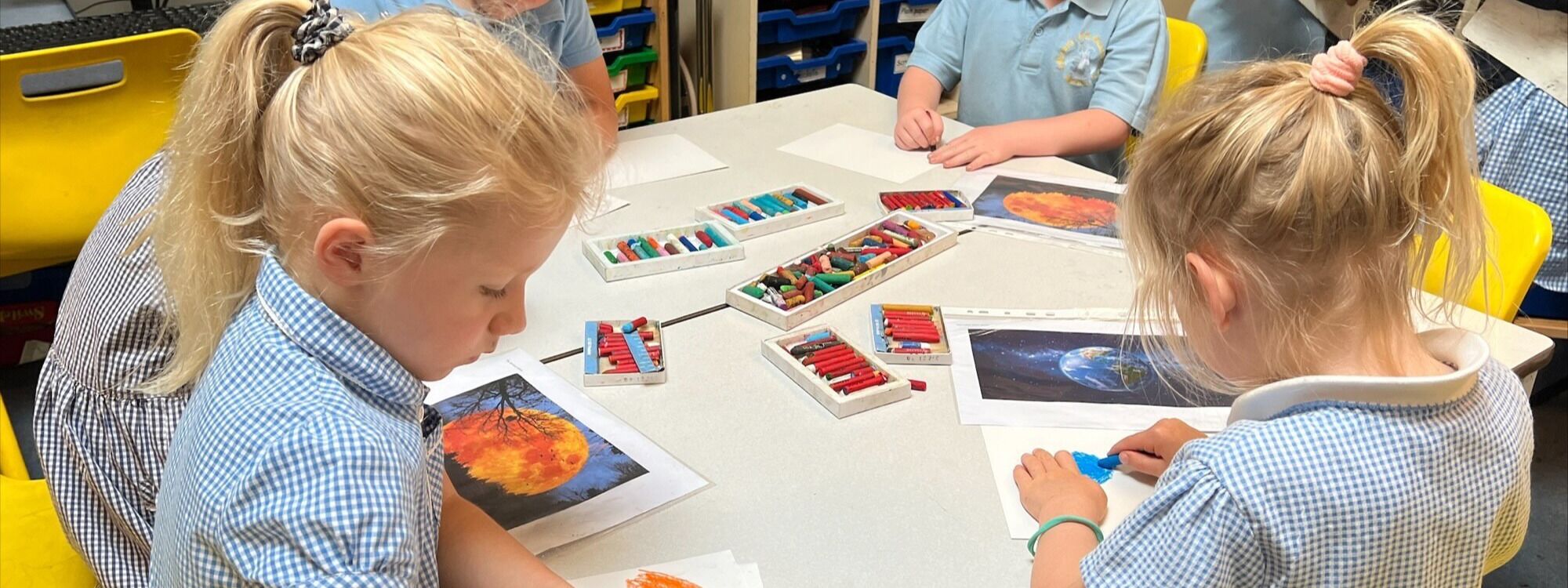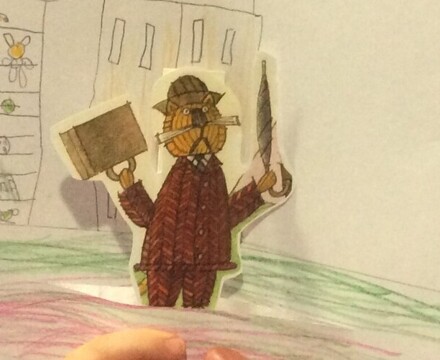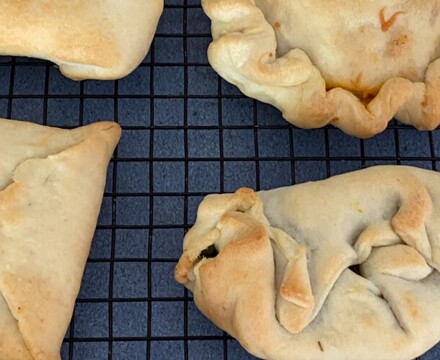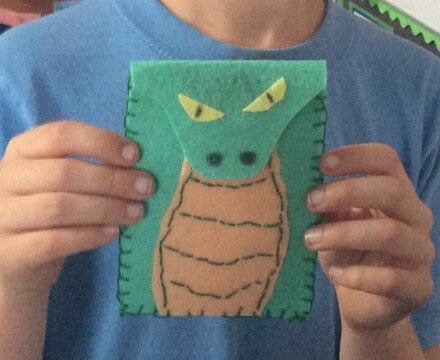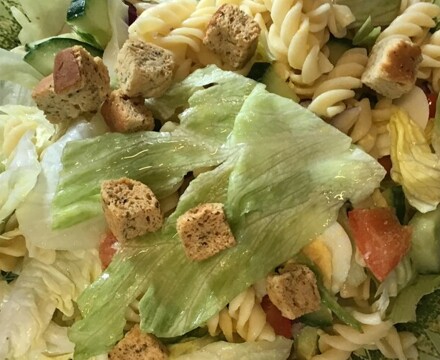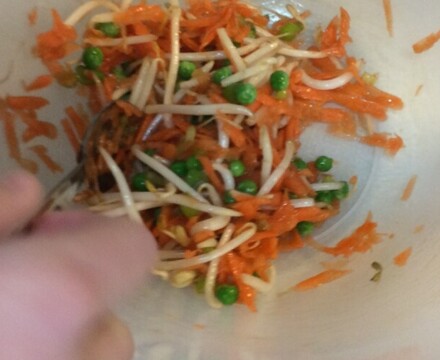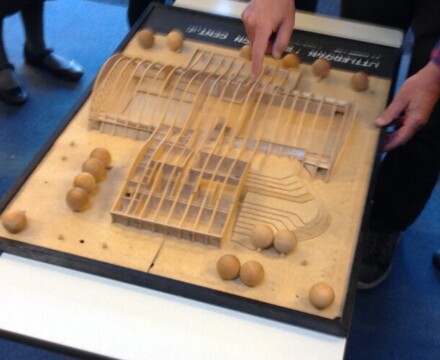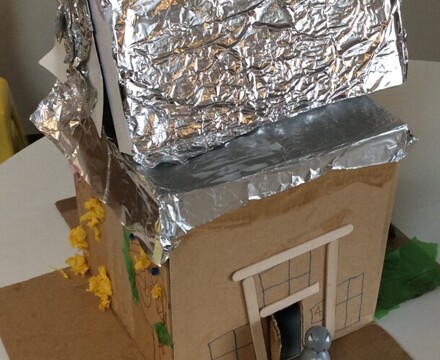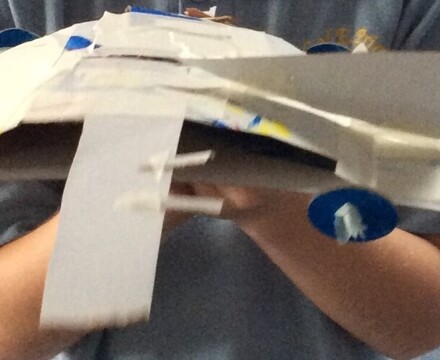- Home
- School Life
- Subjects
- Design and Technology
Design and Technology
Impact
At St Michael’s C of E Primary and Nursery Academy, we have planned our Design and Technology (D&T) curriculum with the intent that our children will gain an enjoyable experience of DT and one which systematically improves their knowledge, skill and understanding in the subject.
We aim for children to gain a practical understanding of the world around them, aware of how design and manufacture influences their lives and become resilient, independent, creative thinkers, technically proficient at the taught content, and have a good understanding of the need for high level finish.
We know that Design and Technology is a creative, inspiring and practical subject which allows children to combine knowledge with taught skills. We encourage children to use their creativity and imaginations to work individually or as part of a team to design and make usable products which solve real and relevant problems. They are required to consider their own and other’s needs and wants by having a clear user in mind before they begin the design and make process. We aim, where possible, to link to other subject areas such as maths, science, art and computing. As well as this, Design and Technology supports the children’s development of key life skills such as team work, resilience, adaptability and perseverance which will stand them in good stead for their futures and life in an ever-changing world.
We teach the National curriculum supported by a clear skills and knowledge progression. This is outlined on our knowledge organisers for each year group and follows guidance from the DT Associations ‘Skills Progression Framework.’ Teachers make use of the DT Associations ‘Project on a Page’ planners as well as ‘Food a Fact of Life’ planning to ensure a clear progression throughout a unit and across year groups.
Emphasis is placed on following the Analyse – Design – Make – Cycle where children are provided with opportunities to explore each of these stages within a unit:
Analyse- At the start of a unit, children are given time to explore and reflect upon existing products from the past and present. This may be through real life objects, photographs or video clips. Children are encouraged to discuss and reflect upon the use and effectiveness of a product as well as personal likes and dislikes.
Design- The design process is rooted in real life, relevant contexts which gives meaning to learning and captures the children’s imagination and provides an element of freedom. Together with their teacher, children will be involved in creating a clear design criteria for their product. At this stage, children are involved in making design decisions about their end products such as which materials and tools they want to use, which joining techniques will be most suitable and how their end product will look.
Making- During this stage, children will be taught skills relevant to their unit of work (e.g. slicing and spreading, cross stitch, how to use a junior hacksaw) as well as drawing on skills they have been taught in previous year groups. They will be given a range of tools to choose from as well as being taught how to safely use each tool (e.g. claw and bridge hold for cutting and slicing.)
Evaluating- Evaluation is an integral part of the design and making process as it provides opportunities for children to reflect upon, adapt and improve their product as they go. Children will also be given time to assess their own product against the initial design criteria.
We will deliver a curriculum that:
• Allows children to develop functional, appealing products that are aimed at particular individuals or groups and are fit for purpose.
• Promotes analytical thinking, in identifying the features, problems and solutions in products.
• Will challenge children to research information and think for themselves, give reasoned solutions, work independently and cooperatively and be enterprising.
• Builds on prior learning and promotes the progression of the language of technology, the knowledge of appropriate tools and techniques and the skills to use them.
• Creates a fun, enjoyable and engaging environment and memorable learning experiences.
• Allows children to consider the views of others, evaluate their ideas and products against their own design criteria to improve their work.
• Improves children’s understanding of the basic concepts of design, make and evaluate alongside specific skill, knowledge and understanding in food technology, textiles, structures and electrical and mechanical systems.
• Can be adapted to link with other subject areas being taught
Implementation
The D & T Subject Leader leads and oversees the subject, to promote continuous improvement by leading a regular programme of monitoring, evaluation review and sharing of good practice, as well as undertaking regular self-improvement and development activities.
The curriculum incorporates the statutory requirements of the Design and Technology programmes of study and other experiences and opportunities which best meet the learning and developmental needs of the children in our school in the following ways:
• Through the use of Project on a Page, each Project Planner includes three types of activity:
1.Investigative and Evaluative Activities where children learn from a range of existing products and find out about D&T in the wider world.
2.Focused Tasks where they are taught specific technical knowledge, designing skills and making skills.
3.Design, Make and Evaluate assignment, where children create functional products with users and purposes in mind.
Through these, children are equipped with the knowledge, understanding and skills to engage successfully and with increasing independence
Where appropriate forged links with local food and nutrition, marketing, design and engineering experts, to bring the outside world into the children’s classrooms and create memorable learning experiences.
During Key Stage 1, the following units are covered:
-
Food and Nutrition (Taught by every year group)
-
Mechanisms
-
Structures
-
Textiles
During Key Stage 2, the following units are covered:
-
Food and Nutrition (Taught by every year group)
-
Mechanical Systems
-
Electrical Systems
-
Structures
-
Textiles
Impact
The Design and Technology curriculum will allow children to:
-
Have developed a passion for the subject.
-
Have an excellent attitude towards learning and working independently.
-
Be able to work cooperatively with others.
-
Be able to spot problems and offer suitable solutions.
-
Be innovators!
-
Be willing to take risks within their learning.
-
Be able to carry out research and ask questions to develop understanding of the user’s needs and wants.
-
Have increased their technical vocabulary.
-
Have developed a knowledge of which tools, equipment and materials they can use to make a product.
-
Set a firm foundation of subject skills to create a smooth transition to KS3.
-
Be able to use tools safely
-
Apply hygiene skills when preparing and cooking food.
-
Have an awareness of a healthy, balance diet.
Design and Technology in EYFS
Design and Technology sits within the areas of Understanding the World and Expressive Arts and Design.
From an early age, the children at St. Michael’s learn to develop and make sense of their physical world through opportunities to explore, observe and find out about technology. They will do this through projects such as designing and making their own puppets, creating binoculars for a bear hunt as well as using experimenting with different materials such as clay in order to create paw prints. The process and development of skills is valued equally to the final product and a balance of opportunities for children to explore process and not focus solely on final products are given to ensure a clear development of skills across the year. All our learning opportunities are designed to develop children’s interests and to build upon these with exciting and enjoyable learning experiences
